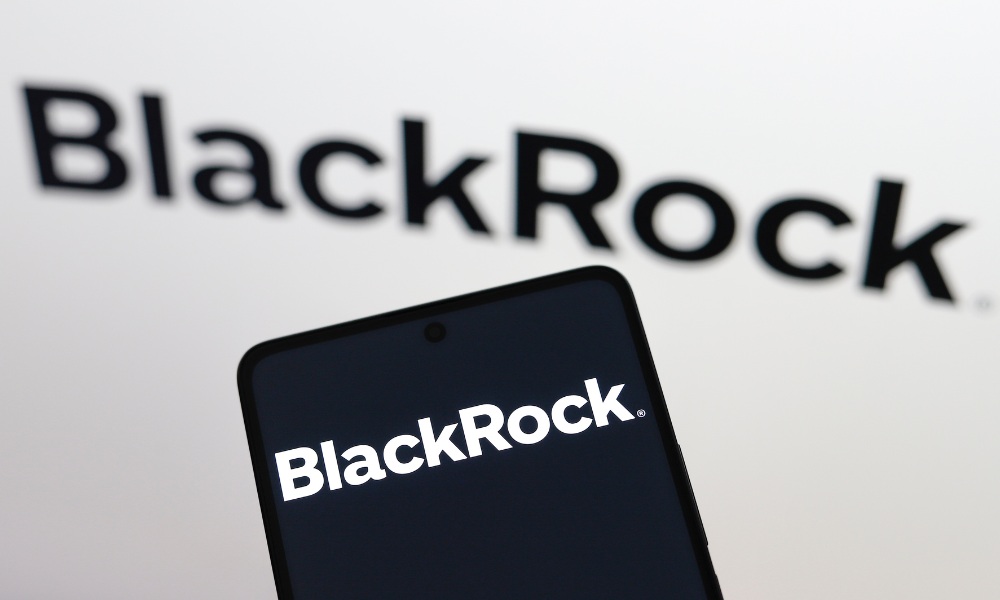

by Katanga Johnson and Silla Brush
BlackRock Inc. and the Federal Deposit Insurance Corp. are trying to resolve a months-long dispute over the asset manager’s stakes in US banks, according to people familiar with the matter.
Negotiations began before a Feb. 10 deadline for BlackRock to sign a so-called passivity agreement to comply with new oversight of its stakes.
The passive label is so important because it lets investors in lenders avoid stringent rules for bank owners. The FDIC wants disclosures on any potential effort by large asset managers to sway banks where they have sizable stakes.
Representatives of the FDIC and BlackRock declined to comment.
BlackRock’s deadline already had been extended twice, pushing the disagreement into the Trump administration. The board has since lost two directors who had pushed repeatedly for stronger scrutiny.
There’s no new deadline for the firm to comply with the FDIC’s demands, but a deal might be reached in the coming weeks, said some of the people, who asked not to be identified discussing private talks.
The FDIC has requested more detail about asset managers’ investments in banks, including proof that they’re operating as passive shareholders rather than activists. They also have sought to scrutinize stakes in FDIC-supervised banks that exceed 10%.
At issue is the FDIC’s approach to bringing the firm under new scrutiny. BlackRock has said the plan would upend index funds that dominate many investor portfolios and make it more costly for banks to raise capital. It also has said the regulator should coordinate any new oversight with the Federal Reserve, which has a passivity agreement with the firm.
Jonathan McKernan, a Republican, and Rohit Chopra, a Democrat who had led the Consumer Financial Protection Bureau, have exited the FDIC’s board.
Though on opposite sides of the political aisle, both supported increased oversight of large asset managers, saying their size and concentrated ownership could give firms undue influence over the management and strategy of US banks.
Copyright Bloomberg News

From outstanding individuals to innovative organizations, find out who made the final shortlist for top honors at the IN awards, now in its second year.

Cresset's Susie Cranston is expecting an economic recession, but says her $65 billion RIA sees "great opportunity" to keep investing in a down market.

“There’s a big pull to alternative investments right now because of volatility of the stock market,” Kevin Gannon, CEO of Robert A. Stanger & Co., said.

Sellers shift focus: It's not about succession anymore.

Platform being adopted by independent-minded advisors who see insurance as a core pillar of their business.
RIAs face rising regulatory pressure in 2025. Forward-looking firms are responding with embedded technology, not more paperwork.
As inheritances are set to reshape client portfolios and next-gen heirs demand digital-first experiences, firms are retooling their wealth tech stacks and succession models in real time.
